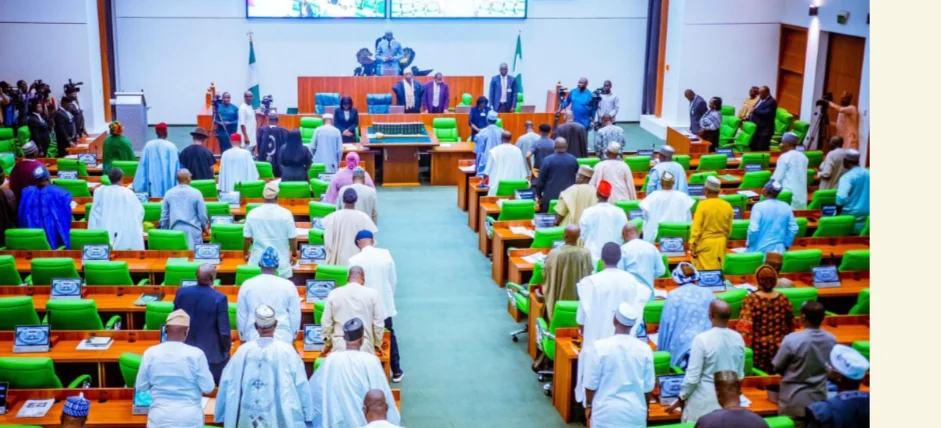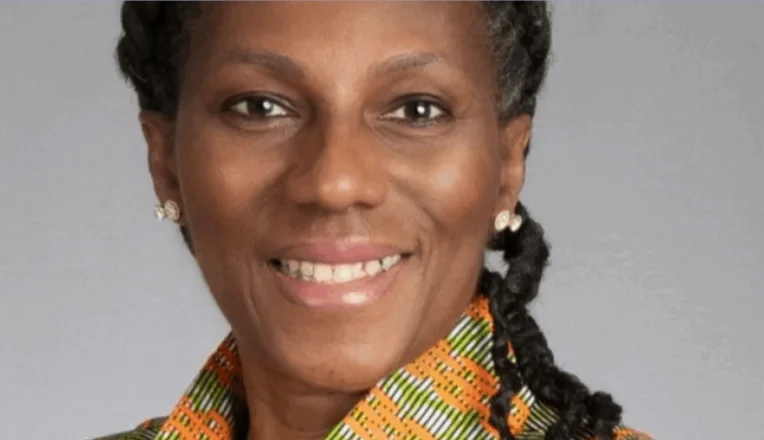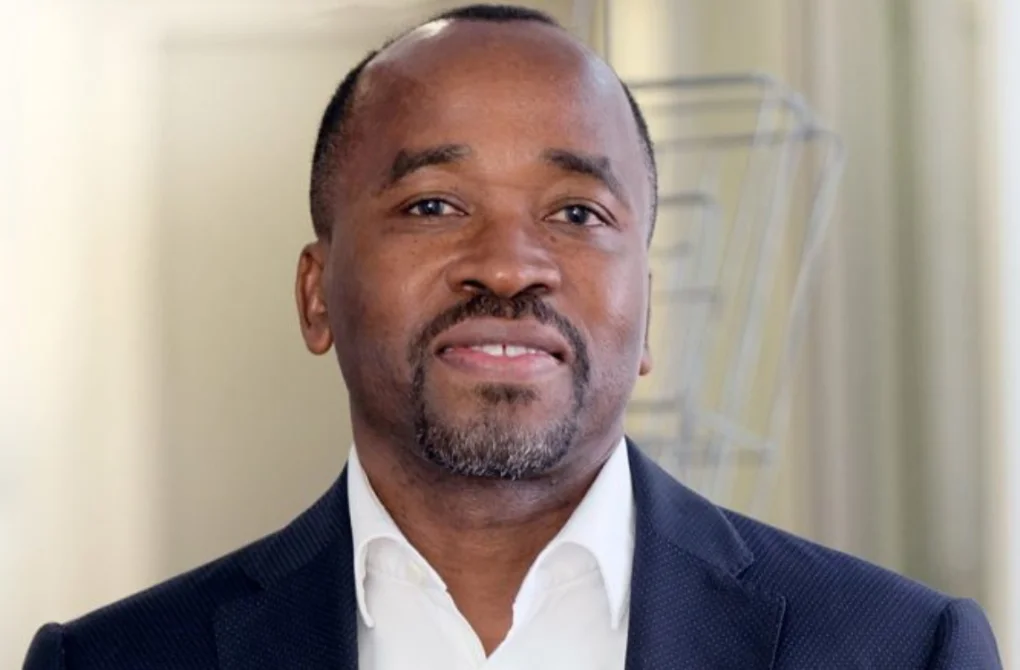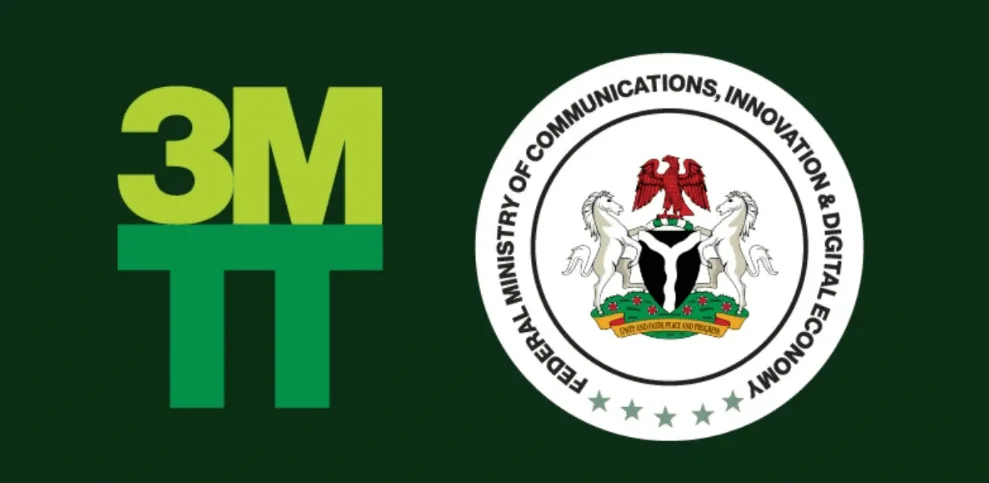House of Reps Advances E-Governance Bill to Transform Nigeria’s Public Service Delivery
The House of Representatives has reaffirmed its commitment to transforming public service delivery in Nigeria through the proposed National Digital Economy and E-Governance Bill — a landmark legislation designed to modernise governance and enhance citizen access to public services.
The bill aims to establish a comprehensive legal framework for digital governance, covering areas such as electronic transactions, data protection, cybersecurity, and digital infrastructure.
During a One-Day Joint Public Hearing held on Monday, the House Committee on Digital and Information Technology collaborated with the Senate Committee on ICT and Cybersecurity to review the draft legislation and gather stakeholder input.
A Vision for Smarter, Transparent Governance
Speaker of the House of Representatives, Rt. Hon. Abbas Tajudeen, represented by Rep. Isiaq Abiodun Akinlade, stressed that digital transformation is not optional but essential for Nigeria’s progress.
“It is a vision for a new way of governance — one that is efficient, transparent, and centered on citizens,” Speaker Abbas stated through House Spokesman Akin Rotimi.
The Speaker highlighted that the Bill will ensure inclusive access to technology, guaranteeing that no Nigerian is left behind in the country’s digital evolution.
Similarly, Senator Shuaib Afolabi Salisu, Chairman of the Senate Committee on ICT and Cybersecurity, described the Bill as groundbreaking and continental in scope.
“When passed into law, this legislation will be the first of its kind in Africa in the areas of digital economy and e-governance,” Salisu said.
He noted that the Bill positions Nigeria as a digital policy leader in Africa, with the potential to reshape public sector operations and enhance citizen engagement through technology-driven governance.
Stakeholder Collaboration Driving Reform
The Co-Chair of the hearing, Rep. Adedeji Stanley Olajide, who also chairs the House Committee on Digital and Information Technology, commended the high level of collaboration among lawmakers, policymakers, and private sector experts.
“This hearing is a demonstration of Nigeria’s collective resolve to build a digitally inclusive, transparent, and efficient governance system,” Olajide said.
He acknowledged the active participation of key stakeholders, including the National Information Technology Development Agency (NITDA), National Identity Management Commission (NIMC), Nigerian Communications Commission (NCC), and Galaxy Backbone, whose technical expertise will shape the successful implementation of the Bill.
Meanwhile, the Minister of Communications, Innovation and Digital Economy, Dr Bosun Tijani, assured participants that the executive arm of government fully supports the digital governance initiative.
“The President will assent to the Bill once passed by the National Assembly,” Tijani confirmed, signaling strong executive backing for the legislative reform.
Paving the Way for a Digitally Empowered Nigeria
As Nigeria advances toward a digital future, the National Digital Economy and E-Governance Bill stands as a transformative step toward transparency, efficiency, and innovation in governance.
The proposed law promises to streamline service delivery, enhance inter-agency collaboration, and empower citizens with greater access to digital tools and public services.
By fostering a data-driven and citizen-centred government, Nigeria aims to position itself as a continental leader in e-governance and digital transformation, redefining how public institutions operate in the 21st century.











